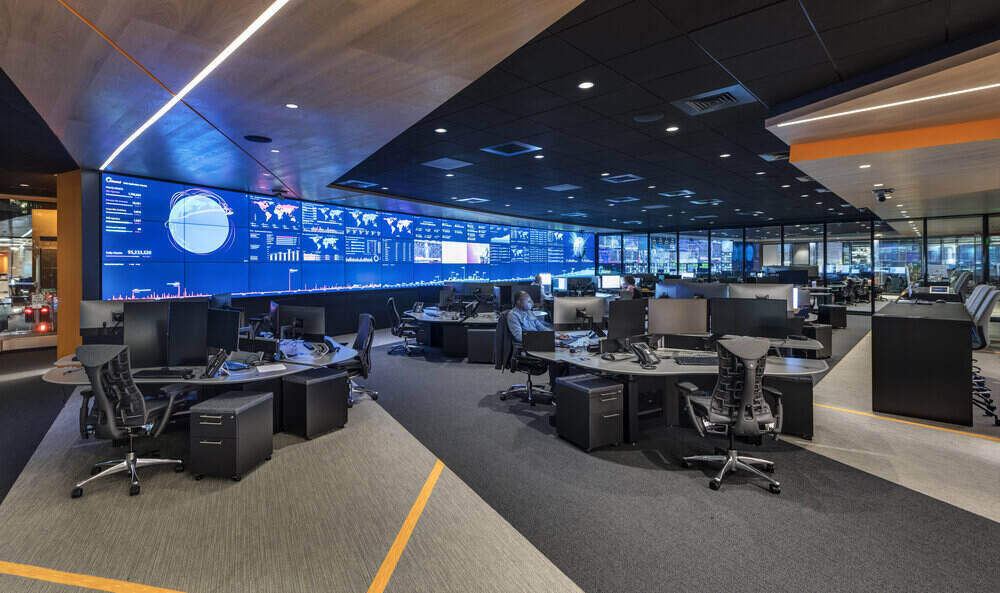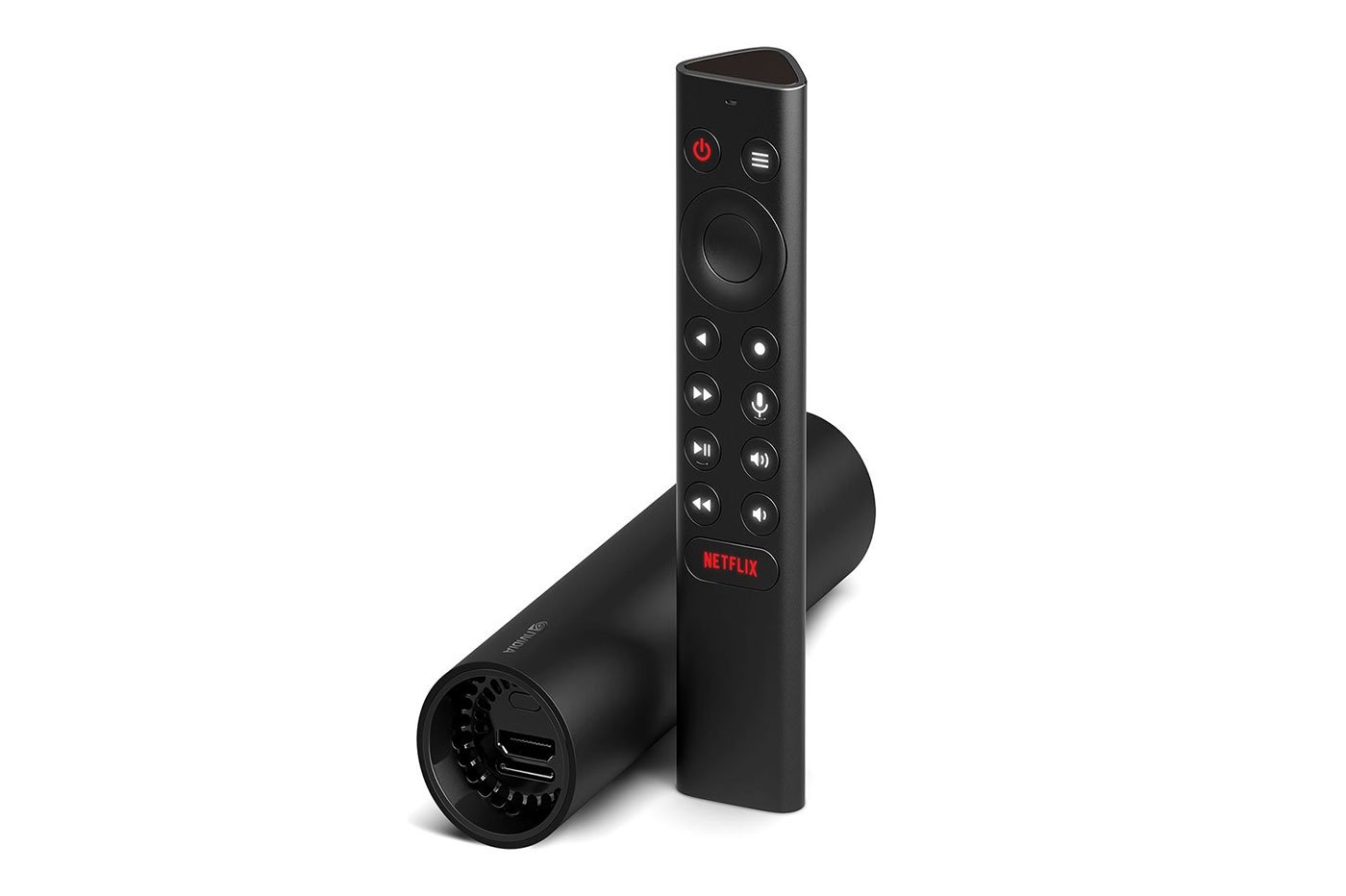
Akamai Technologies has opened three new cloud computing centers that mark the first step for the company in its drive to develop a new type of cloud that meets the performance needs of today’s applications, with lower latency and global scalability. To do this, Akamai wants to put computing, storage and database resources, among other services, on top of the same underlying backbone that powers its network at the current edge. The design of this network means that the company has a presence in more than 4,200 locations in 124 countries.
For the deployment of these centers, and for those that are about to open soon, as we will see below, Akamai has modified the conventional design principles used in data centers. Thus, it has used a strategy that leverages its experience in content delivery to connect each site to its global backbone, in addition to scaling its core cloud computing services.
The three centers are located in Paris, Washington DC and Chicago, and two more will open later this quarter in Seattle and Chennai, India. They all have a new hardware configuration and architecture design, enabling them to offer high-performance and scalable cloud resources to their users.
The area in which the Washington data center is located hosts more than half of the total inventory of the major data center market in the United States, while Chicago is the fifth largest data center market in the world. As for the future Seattle data center, its location will give Akamai facilities in the eighth largest market in the US, which has also become an important data center for companies located in the Pacific Northwest.
The Paris hub, which has the capacity for the highest-density data center in Europe, will enable Akamai to better serve businesses in the European Union, while the Chennai hub will provide broader access to one of the largest IT hubs in India.
In addition to these data centers, the company has added new premium instances with consistent performance, predictable resource and budget allocation, and easier SKU management for larger enterprise workloads to its shared and dedicated offerings. The new instance types ensure the allocation of the best available processor and hardware combination in each case. In addition, they can make it easier to manage multiple deployments and upgrades without SKU matching.
Akamai has also confirmed that it will double the capacity of its object storage product to one petabyte and one billion objects per category. This allows companies to access larger volumes of data. Clusters with these expanded limits will be available at the newly announced hubs.
On the other hand, the company has confirmed that it has plans to launch a new product at the end of this quarter. This is Akamai Global Load Balancer, which will be the first of the integrated services that comes thanks to the purchase of Linode. With its gloal load balancing functions, it is guaranteed that there is no single point of failure, since traffic requests are routed to the most suitable data center so that latency is minimal.
This new product covers the differences between Linode’s NodeBalancers feature and local traffic load balancing; and existing Akamai Global Traffic Manager and Application Load Balancer services. The new cloud computing centers and functions are part of the Akamai Connected Cloud platform, a massively distributed edge and cloud cloud for cloud computing, security and content delivery.



